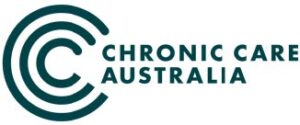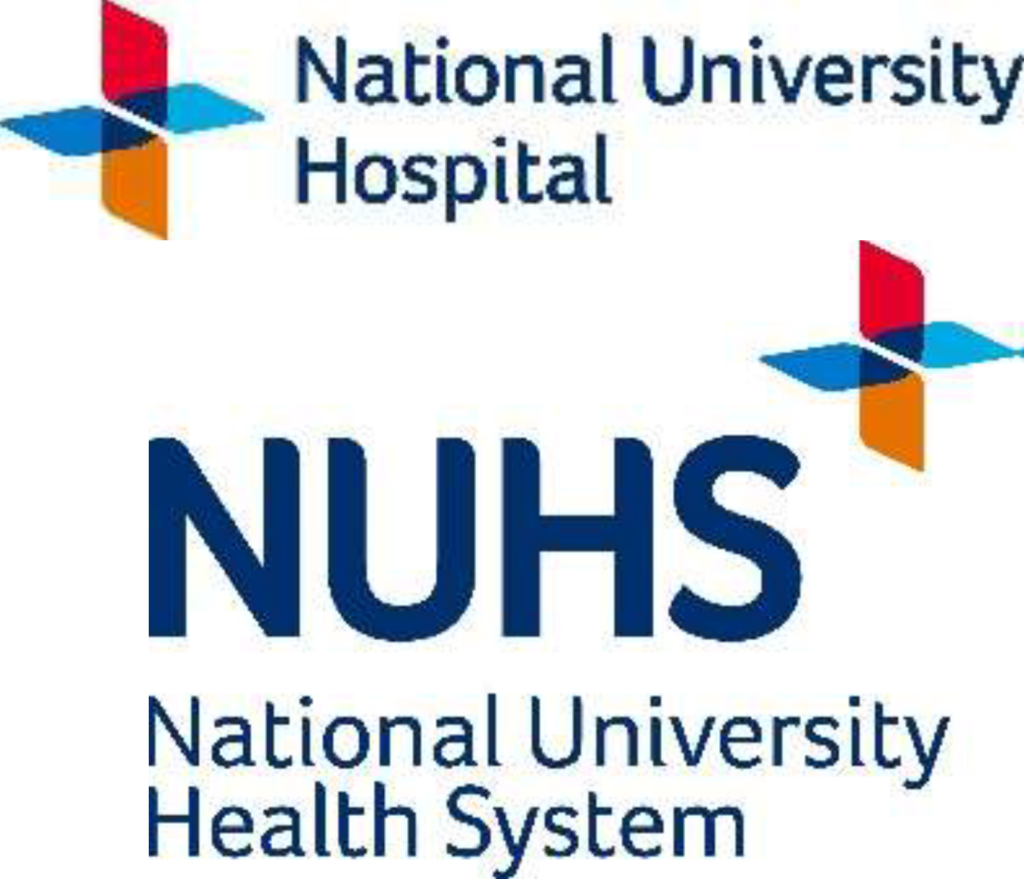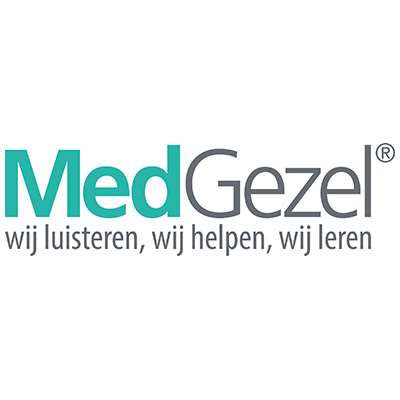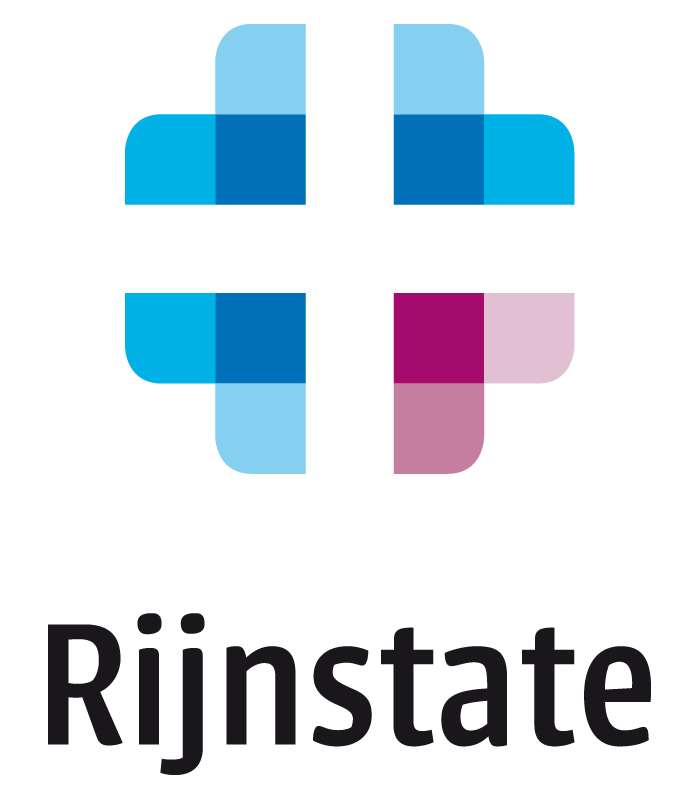(1)
Chronic Care Australia. They are seeking to further improve value-based healthcare outcomes with their exercise medicine programs by strategically executing real-world pilots for disease-specific complex care chronic conditions. Their mission is to remove the barriers to whole-person healthcare ensuring all communities can live well for longer. Read more…
(2)
Estonian Stroke Patient Pathway. The aim of the Stroke Patient Pathway Pilot was to improve patients’ quality of life through developing a more integrated care pathway from the patient’s view. The initiative is unique because this kind of nation-wide project which would allow all participating hospitals to test solutions at its own discretion and develop a tailor-made pathway, has never been done before in Estonia. Read more…
(3)
GreenHabit. Greenhabit aims The aim is to relieve the burden of care by giving the patient more self-control. Greenhabit is a science-based method to sustainably behavioural change through personalized treatment programs. This evidence based intervention uses AI to identify the needs behind a disease and gamification to make it fun. Read more…
(4)
Humanitas Value-Based Care Model in pre-operative admissions. The initiative aims at applying a systematic Value Based Healthcare approach in order to improve one of the most complex and transversal (to all units) hospital services – pre-operative assessment – thus increasing Value from the surgical patient’s perspective. Therefore, the purpose is providing a comprehensive hospital Care Model based on Value, supported by a quality and safety culture and from innovation, with everyone engaged in delivering high value services through multidisciplinary, networking, and partnerships, involving patients and monitoring results through a real time digital governance system. Read more…
(5)
Improving Outcomes of Very Low Birth Weight Babies. The initiative aims to provide the best value-based care for premature newborns with birth weight below 1500 grams, by monitoring and improving health- quality measures based on international best standards while reducing health-care related costs, during the newborns’ hospital stay. Read more…
(6)
IPU for Metabolic Syndrome and Obesity. The initiative aims to create an innovative and data-driven care-model to assist metabolic and obese patients to be treated in the integrated practice unit in Santa Casa de Misericordia de Porto Alegre. This model is unique because is the first disruptive model using digital solutions for 5 purposes: 1. engage patients in their journey, 2. measure costs (TDABC); 3. follow-up PROMs/PREMs; 4. establish bundle payment with industry 5. international benchmark. There’s also a partnership with the biggest payer in the region to analyse cost-effectiveness of IPU and expand value-based contract for physician performance payments. Read more…
(7)
MedGezel. MedGezel enhances the health literacy and the position of patients within the healthcare system by educating the future doctors to become medical coaches for their patients. Empowerment of the patients as well as the medical students will contribute to person-centred care, job satisfaction and meaning. Moreover, we are shaping our future doctors, so MedGezel is sustainable and future-proof! Read more…
(8)
Next-Generation Musculoskeletal Condition-based Care via Advanced IPUs. The Musculoskeletal Institute (MSKI) Integrated Practice Units (IPUs), University of Texas Health Austin, Dell Medical School (UTHA) aim to deliver high-value care for diverse populations through a comprehensive range of treatment strategies over full-cycles-of-care under a unique specialty condition-based payment model driven by patient outcomes and total costs of care. Read more…
(9)
PIPRA. They aim to reduce the incidence of postoperative delirium (POD) by identifying high-risk patients before surgery. PIPRA AG has developed a cutting-edge AI-based CE-certified pre-operative risk assessment tool called PIPRA (short for Pre-Interventional Preventive Risk Assessment), to assess the risk of a patient developing POD. Read more…
(10)
ProsFit – The Bulgaria Project. ProsFit improves Confident Mobility for amputees. ProsFit has developed and built an innovative digital platform for the industrialized design and manufacture of regulated custom-made sockets, as well as configuration of the full prosthesis, at scale. Outperforming industry benchmarks by 80%, it allows prosthetics provision anywhere, including at home. ProsFit is developing a telehealth app to improve gait, mitigate falls risks, and maintain engagement. The initiative described in this application, which deploys this solution, is the “Bulgaria Project”. Read more…
(11)
Rijnstate VBHC integrated organizational scale-up approach. The “Rijnstate value based integrated organizational and scale up approach” aims to create an IPU-based hospital toprovide the best possible outcomes for our patients and their families. The combination of this value based restructuring, data driven approach making use of integrated outcome sets and the focus on continuous improvement, makes Rijnstate a unique and leading initiative. Read more…
(12)
The Value Care Team. PPO Serve is a VBC pioneer in South Africa. Since 2019 The Value Care Team (TVCT) has provided integrated care to a patient population in Pretoria North. Patients are cared for by a multidisciplinary team, and team compensation is through a global fee plus a reward for good outcomes. Read more…
(13)
VBHC in Acute Myocardial Infarction. To demonstrate that patients treated at the acute myocardial infarction Center of Excellence (AMICE) at FCV, through the prospective global payment model (PGP), present better clinical outcomes (hospital stay, in-hospital mortality, and readmissions within the first month) at a lower cost, compared to capitation model payment. Read more…
(14)
Quality Cost Indicator model at the IPU Breast Clinic Franciscus. The Quality Cost Indicator model combines metrics from both health outcomes and costs to form a single evaluation tool. By incorporating this model into a Plan-Do-Check-Act cycle, the IPU Breast Clinic Franciscus is able to monitor quality of care in terms of clinical and patient reported outcome versus hospital based costs. Read more…














